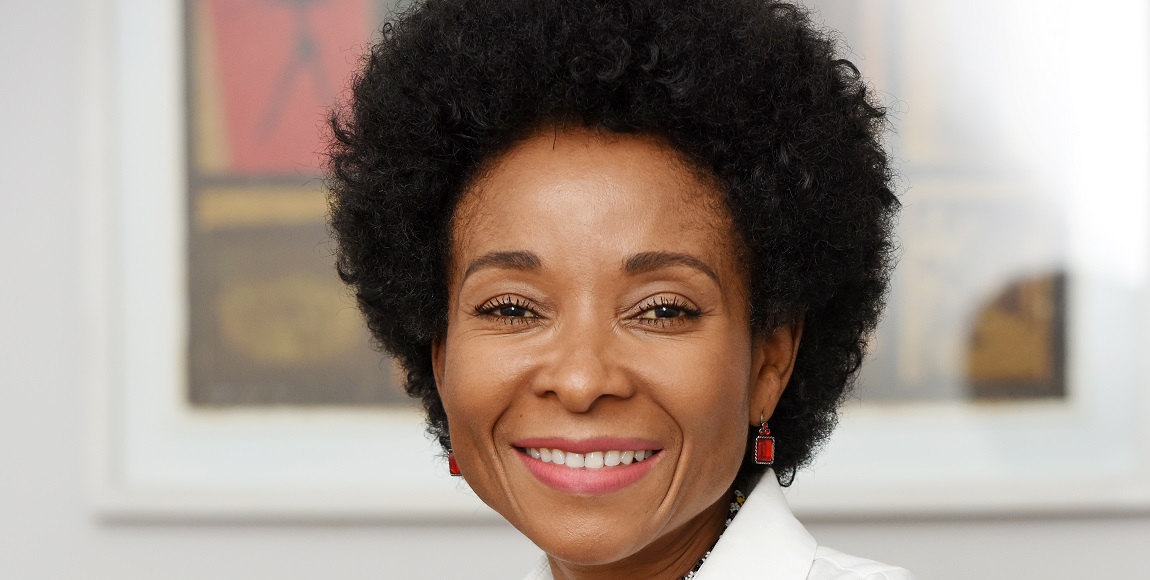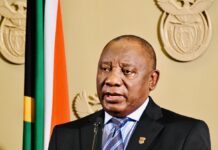Reading about the attacks on Professor Mamokgethi Phakeng, the deputy vice chancellor (DVC) for Research and Internationalisation at the University of Cape Town (UCT) opened some old wounds for Keval Harie, an ex-employee of UCT.
I was appointed as in-house attorney and contracts manager in the Research Contracts and Innovation (RC&I) department (which incidentally falls under the purview of the DVC’s portfolio) in 2012. I remember in my interview, I was asked whether I had any interests apart from contract law which I would like to pursue whilst at UCT. I had spoken about my particular interest in higher education and transformation. For me this meant, amongst other things, increased representivity of persons of colour in key roles, particularly in the area of research. As soon as I was appointed I sought to join the ad-hoc transformation committee (TC) of our department with a view to doing my best to ensuring that the team I was a part of was diverse and supportive of creating a working environment which valued the contributions of black academics who we serviced.
At that stage, almost all the senior executive management team of UCT was made of either white and/or cis-gendered males. At that time the DVC for Research and Internationalisation was Professor Danie Visser who had no option but to relinquish the post once he hit retirement age. I very quickly realised that within the research office and RC&I department, there was very little motivation to challenge the status quo. In fact most of the senior management team within the research office and RC&I department sought to delay the establishment of a functioning transformation committee or support the ad-hoc transformation committee which was established. When the group of staff members who wanted to formalise the establishment of a transformation committee, we were told that a restructure of the research office was imminent and that we needed to hold back on setting up a transformation committee.
In the interim I regularly attended university-wide transformation committee meetings which could only be described as a farce. I will never forget the one meeting which was presided over by Dr Max Price, vice chancellor of UCT, and how arrogant and dismissive he was of both union members and TC representatives who had expressed their concerns about the slow pace of transformation at UCT. Someone had mentioned in that meeting that UCT was sitting on a ticking time bomb. Dr Price smirked at that.
Back in the RC&I department, I witnessed how black academics were given far less support than their white counterparts. In fact, there was a certain disdain for the successes of black academics, particularly in the manner in which they were addressed by senior members of the team. I would like to say to Dr Cynthia Fakudze, Professor Keertan Dheda, Dr Kelly Chibale and associate Professor Nonhlanhla Khumalo, I wish I had done more when I witnessed how rudely you were spoken to and engaged with.
In February 2016 the ad-hoc transformation committee had decided that it was time to once again voice our concerns. We had prepared an email to Professor Visser and the then-caretaker deputy vice chancellor of Transformation Anwar Mall, setting out that it was of grave concern to the TC that given the events of the past year, particularly the historic #RhodesMustFall and #FeesMustFall movements that no one from our management team had thought to engage with staff members within our offices on the issue of transformation and what these momentous events meant for us as members of the UCT community. There had further been a distinct lack of leadership when it came to making transformation a key objective of our office and of the work that we do.
We were aware that our efforts in holding senior management to account had been particularly scuppered by the lack of support from the now defunct UCT Transformation Office. Despite the closure of that office, it is worth noting that transformation committees form a key function within all departments of UCT and that having a TC is in fact mandatory. This is more the case as all appointments which result in employment of members in our respective offices require the involvement of an employment equity (EE) representative.
The EE representative on a selection committee is specifically required to ensure that the standards and objectives set out in UCT’s employment equity plan are not only adhered to but are actively promoted when appointing suitable candidates for posts. Furthermore, the EE representative is placed on the selection committee to ensure that national legislation in terms of the Employment Equity Act, 1998 and government policy on transformation and affirmative action are adhered to.
Both Professor Visser and Professor Mall, despite listening to our concerns, acted swiftly in disbanding the ad-hoc transformation committee. In our meeting with Professor Visser, he indicated that there was a problem with the way in which we raised our concerns (read: your black rage is alienating and frightening). We were seen as far too dangerous and far too outspoken to be given a voice and platform.
When news first broke about Professor Phakeng being appointed as Professor Visser’s replacement, our director in a staff meeting had indicated that there was grave unhappiness with her appointment by the management teams in both the Research Office, RC&I, as well as other senior management. Her appointment was rather seen as a coup by those in the university who were pushing a transformation agenda (read: she only really got this position because she is black). “She was not sufficiently qualified,†he said. “She had no experience in research management,†he said (read: I refuse to have to answer to a black woman).
In fact, in our office’s first meeting with Professor Phakeng, I recall how she mentioned that most of the people she met for the first time as she went around our office had said to her that this position was so difficult (read: you will never survive), something which she said surprised her. I doubt whether Professor Visser was ever warned in this way. Professor Phakeng was astute enough to pick up this thinly veiled racism. “I don’t know, maybe it’s because of the kink in my hair?†she rhetorically asked with a devious smile.
It was at moments like these that I realised that I could not belong to this institution. So when I read that there had been a targeted attempt at discrediting Professor Phakeng’s credentials, I was disappointed but not at all surprised.
Recently, was a furore around the fact that Dr Price had received a performance bonus of R406,782. In response to criticism we were told that Dr Price had donated his bonus to the university (read: white saviour). What I find particularly astounding is how it was decided that Dr Price’s performance as vice chancellor even merits a bonus when he has presided over some of the worst crises to have faced UCT since its existence.
What I’ve learnt is that at UCT white mediocrity is celebrated and rewarded whereas black excellence is viewed with scepticism and disbelief.
Keval Harie is a qualified attorney, with a particular interest in the human rights as they relate to gender identity, sexual orientation and access to education. In his spare time, Keval enjoys baking, Bollywood, and Instagramming.
The views expressed in this article are the author’s own and do not necessarily reflect The Daily Vox’s editorial policy.









